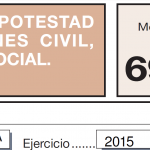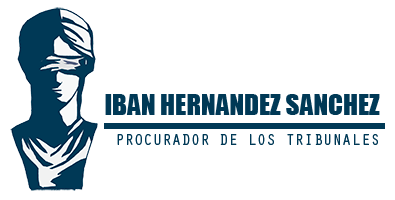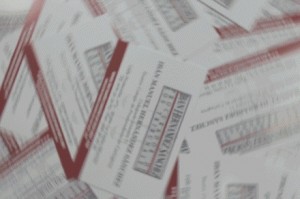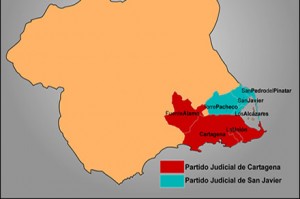TOPICS OF INTEREST
The constituent elements of the crime as collecting the judgment of the Supreme Court 3 April 2001 son:
- the existence of a final judicial decision or approved by the competent judicial authority convention providing any financial benefit for a spouse or children of the marriage;
- one negligent conduct by the payment required to consistently repeated non-payment economic benefit fixed during the period established in the precept, which they are currently two consecutive months or four nonconsecutive; Y,
- a subjective element configured by the knowledge of the judgment and willingness to violate the obligation to provide that it imposes. In this condition the possibility of the subject to meet the obligation is also integrated, whenever when the agent is in a situation observed inability to satisfy the provision, This objective situation excludes the voluntariness of the typical behavior and the consequent absence of guilt for being absent the element of unlawfulness, I could legally based on an objective situation of necessity or, more correctly, on the existence of a cause of unenforceability of a different behavior to that performed by the subject.
The aforementioned provision is intended to protect the economically weaker members of the family unit against default of care duties by the obliged to supply. derived obligation the duty to meet the economic benefits referred by the court in civil matters for the spouse and children and has its ultimate foundation in the food duty Article 142 the Civil Code.

This is an exception to the mathematical accumulation of the penalties for various offenses or as an exception to the application of the general rules for the taxation of real contests own crime penalties (S.T.S. 11 October 1983), institution, so, it becomes plúrime in unit only when such unification is appropriate in the circumstances and nature of the case and the existence of the conditions that shape and characterize this figure which can only be understood in the context of material justice as an instrument at the service of proportionality, adapting the penalty to the seriousness of the offense and the guilt of the author.
The continuing offense is a unit, a figure different behaviors that comprise, therefore you get a unique and unitary treatment, that is to say, when it comes to continuing offense must refer to it as a single offense.

The Supreme Court Judgment 22 March 2006 He established that: "The crime of threats committed by the announcement aware of a bad future, unfair, determined and possible, with the sole purpose of creating an uneasiness of mind, restlessness or anxiety in the threatened, but without the intention to physically harm the subject itself (STS. 593/2003 from 16.4), It is the legally protected freedom and security, that is to say "everyone has the right to rest and to personal tranquility in the normal and orderly development of his life" (STS. 832/98 from 17.6).
this offense, It characterized by the following elements:
- Conduct agent composed of expressions or appropriate actions to violate the spirit of the taxpayer, intimidándole communication with an unfair bad, determined and possible, more or less immediate realization, it depends solely on the will of the active subject.
- It is a crime of simple activity, expression or danger, and not true injury, in such a way that if it occurs will act as a complement the type.
- That the expression of this purpose by the agent is serious, firm and credible, taking into account the circumstances.
- These same circumstances, subjective and objective, imbue behavior sufficiently important to merit a strong social rejection, reasonably substantiate the judgment of the unlawfulness of the action and qualification as criminal. It is an offense that presents greater relativism, so it must be paid attention to the circumstances. The intent of the unconditional type of threat is the very wording of the phrases used and how and when they are uttered in the context of relations between author and victim, that reflect the proven facts.

Following the entry into force of R.D 1/15, from 27 February, second chance mechanism, financial burden reduction and other measures, there remained doubts about the obligation to pay the court fee of the Community of Owners. This issue has been finally resolved after the opinion of the Consultation Binding No. 02029-15, It has modified the above criteria by which the owners were subject Communities as individuals lacking legal personality:
“In view of both legal changes and the fact that the Community of Owners lack legal personality, it is necessary to reconsider the criterion sustained in our reply V1479-13, with check-out 26 of April, with the result that the exemption applicable rate owners as individuals as acting through the Board of Directors of the Community and, in particular, its President”.











